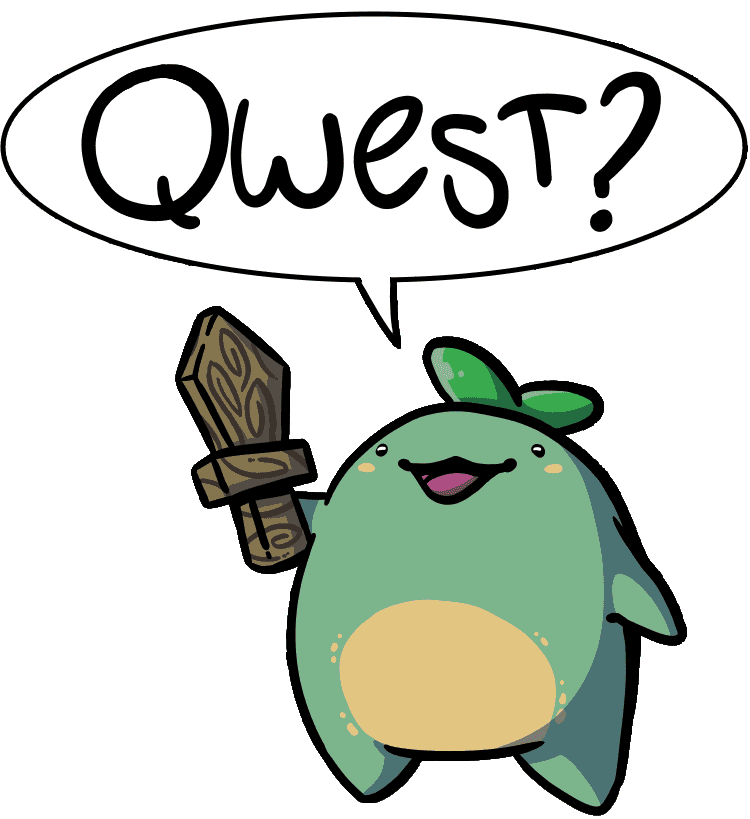Joining a new team wrong can set you up to fail for years to come. Here's an algorithm I learned from a book that makes the process downright enjoyable.
For context
I joined a new team at work 2 weeks ago. We're about to do our first sprint retro together. This was an internal transfer which means I can shorten the algorithm, but have to be careful not to cut too many corners.
My quest is the same as when I first joined the company, but for a different product 👉 our product sways on creaky foundation and we can't ship fast. Lessons were learned but we can't implement them. Please modernize the stack and get everyone comfortable using it. Incorporate product lessons in the new version.

If you'd like to read more about how to lead/champion a multi-year effort like this, hit reply.
How to join a new team
My algorithm comes from a great book – The First 90 Days – and a sprinkle of personal experience. I try to re-read the book on every major transition.
The most important thing you have to remember is this:
Your new team is working and achieving results. No matter what you think of their code and their processes, it's been working for them.
From there it's a 3 step algorithm – learn, change, results.
Learn
Start in learning mode. Have a plan for how you'll learn about the team, scope, processes, products they own, users they serve. Everything.
Try to reserve judgement and observe. Ask a lot of questions. Be the dumbest person in the room. Instead of "Wow that's a dumb way of doing it" say "Huh that's not how I've done it in the past, what constraints led you to this design?"
Going in too strong will set you up to fail. You'll build resentment that acts as a headwind on your progress for years.
Remember to ask every team member where they think the problems are. And what they like.
Change
Once you've learned about your new environment and established that you're here to help, it's time to start making changes.
It's okay if things you wanted to change on Day 1 no longer feel pressing or you've even realized your approach would've been wrong. Expected even!
All that weird code? Might be weird for a good reason :)
Regular retrospectives are the best place for process changes. Suggest a new way of doing things, highlight difficulties and friction points you've noticed, champion the gripes other team members shared in private.
If there are no retros, I'd start by making those happen first. Nothing big, just a regular chance for the team to discuss what went well and what could go better.
For code changes, getting into early conversations on feature design and asking lots of questions in pull requests works best. Remember to nurture instead of judge.
Results
After change, come the results. You want to show early wins so leadership knows they've made the right choice.
Make sure you don't overcommit in the beginning. Achieving 80% of an ambitious goal looks worse than 100% of something reasonable. Even if the 80% is bigger in absolute terms than the 100%.
Early wins also galvanize the team around you. They'll trust your ideas more, if they look like they're working.
Measurable results with hard numbers are best. Work with your boss to define these ahead of time.
Conclusion
Don't go into a new team guns blazing. Learn, show patience, achieve results.
~Swizec
Continue reading about Onboarding to a new team
Semantically similar articles hand-picked by GPT-4
- Leadership lessons from growing 3x in 1 year
- Why senior engineers get nothing done
- My mentoring philosophy
- 5 soloists in a trench coat
- A few more thoughts on mentoring
Become a *true* Senior Engineer
Get promoted, earn a bigger salary, work for top companies
Getting that senior title is easy. Just stick around. Being a true senior takes a new way of thinking. Do you have it?
The Senior Minset email crash course
Get a free chapter from the Senior Engineer Mindset book and a sample audiobook chapter, followed by a Senior Mindset 101 email course.
You'll get insights to apply at your work right away.
Have a burning question that you think I can answer? Hit me up on twitter and I'll do my best.
Who am I and who do I help? I'm Swizec Teller and I turn coders into engineers with "Raw and honest from the heart!" writing. No bullshit. Real insights into the career and skills of a modern software engineer.
Want to become a true senior engineer? Take ownership, have autonomy, and be a force multiplier on your team. The Senior Engineer Mindset ebook can help 👉 swizec.com/senior-mindset. These are the shifts in mindset that unlocked my career.
Curious about Serverless and the modern backend? Check out Serverless Handbook, for frontend engineers 👉 ServerlessHandbook.dev
Want to Stop copy pasting D3 examples and create data visualizations of your own? Learn how to build scalable dataviz React components your whole team can understand with React for Data Visualization
Want to get my best emails on JavaScript, React, Serverless, Fullstack Web, or Indie Hacking? Check out swizec.com/collections
Did someone amazing share this letter with you? Wonderful! You can sign up for my weekly letters for software engineers on their path to greatness, here: swizec.com/blog
Want to brush up on your modern JavaScript syntax? Check out my interactive cheatsheet: es6cheatsheet.com
By the way, just in case no one has told you it yet today: I love and appreciate you for who you are ❤️

